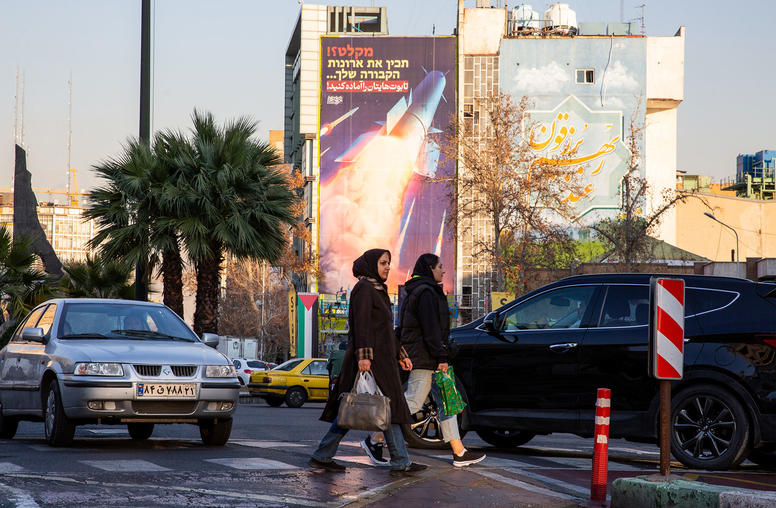Mullahs, Money, and Militias: How Iran Exerts its Influence in the Middle East
Please join us for the release of "Mullahs, Money, and Militias: How Iran Exerts its Influence in the Middle East," a new USIP Special Report authored by Senior Fellow Barbara Slavin. Slavin's report analyzes Iran's growing influence in the Middle East and the ways in which it is manifested through clerical links, financial aid and military support. She focuses on Iran's ties to groups in Iraq, Lebanon and Palestine and shows both the extent of Iranian influence and the constraints on Iranian power. Panelists will discuss American interests and the role of Iran in the Middle East, Iran's foreign policy goals, and ways to motivate Iran and its allies to become more constructive actors in the Middle East.
Archived Audio
To listen to audio or to view video, please click on the links provided below. You also can right click on the links and choose "Save Target As" or "Download Linked File." This will save the file to your computer and then allow you to play it in your media player directly. More Audio Help.
- Listen to the audio from this event.
01:53:25 - 20.8MB
Speakers
- Barbara Slavin
Senior Fellow, U.S. Institute of Peace
Discussants
- Kenneth Katzman
Senior Analyst, Congressional Research Service - Dan Brumberg
Acting Director, Muslim World Initiative, U.S. Institute of Peace - Mona Yacoubian
Special Adviser, Muslim World Initiative, U.S. Institute of Peace
Moderator
- Virginia Bouvier, Moderator
U.S. Institute of Peace



